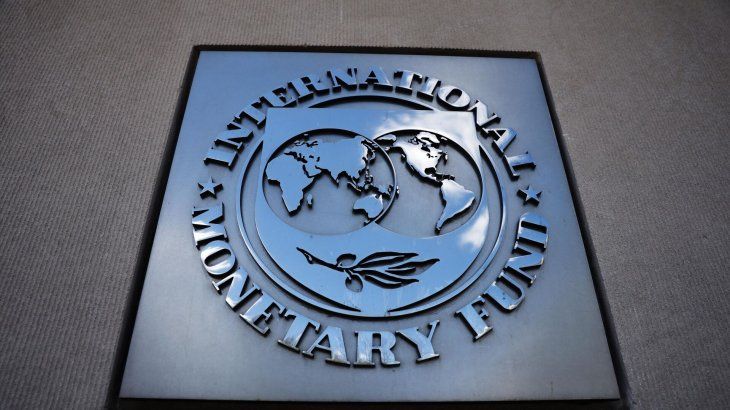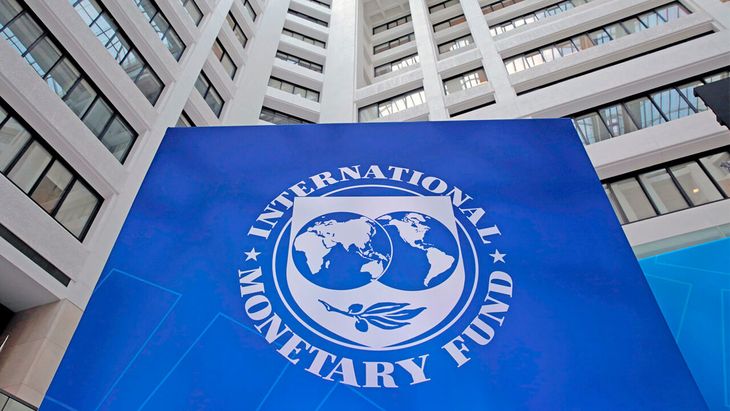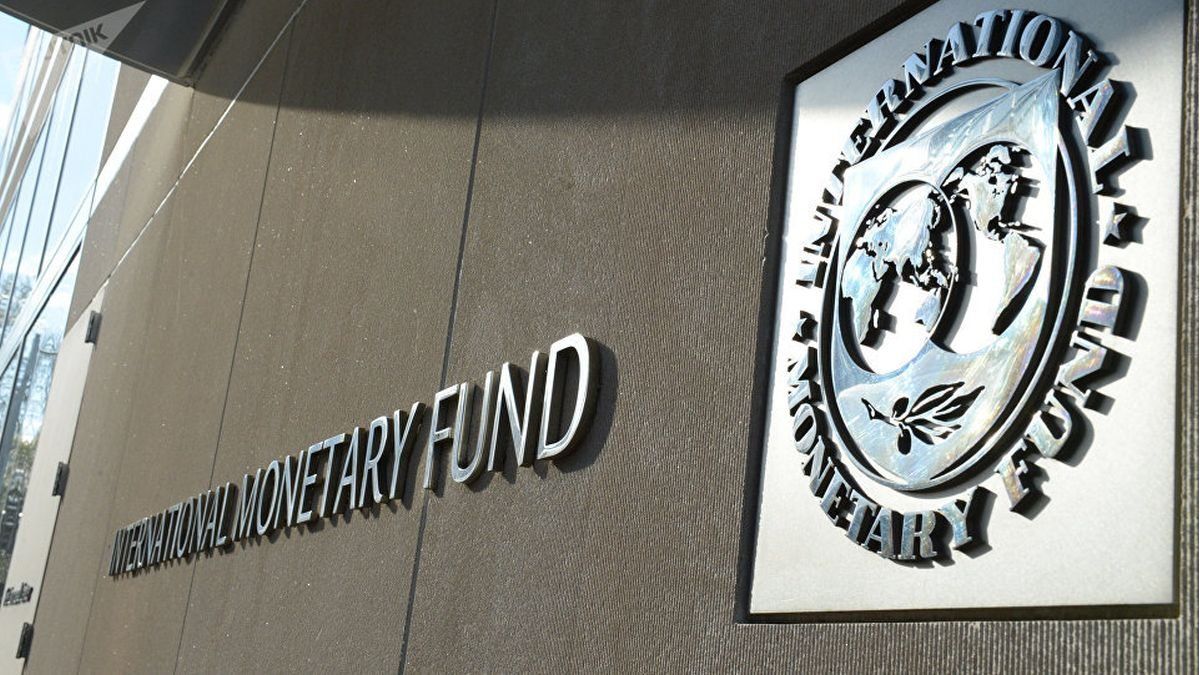light-rates-energy
freepik.es
In the document, entitled “Rising energy prices in post-war Europe: how to support the vulnerable and accelerate the transition away from fossil fuels”the IMF reported that the increase in energy prices increased the European cost of livingand concludes that they should bear the cost of the higher bills to avoid a greater impact on the lower classes.
“Since the beginning of last year, world oil prices have doubledcoal prices almost quadrupled and natural gas prices in Europe increased almost seven times. Given that energy prices are likely to remain above pre-crisis levels for some time, Europe must adapt to higher import bills for fossil fuels“, I consider.
IMF

In this situation, the IMF promotes letting the cost be borne by the consumer and in this way promotes energy saving and eventually transfer to renewable energy or more efficient from the ecological point of view, an objective that ultimately promotes the European Community.
Consequently, economic policies for governments “must move from broad-based support, such as price controls, to specific reliefsuch as transfers to low-income households who suffer the most from higher energy bills,” they considered.
ELECTRICAL ENERGY LAMP

pexels
The working document exposes the great increase in the cost of living for Europeans as a result of the global energy crisis: “The average European household will see an increase of around 7% in their cost of living this year relative to what we expected at the beginning of 2021.
The increase in the cost of living could worsen in case gas supplies from Russia are cut off, warned in the context of the war in Ukraine. “In most European countries, higher energy prices impose an even greater burden on low-income households because they spend more of their budget on electricity and gas,” whereupon the policy recommendations are segment them, prioritizing the lowest percentile or percentilesAdd.
fmi (1).jpg

The Fund’s document states that, “until now, Europe’s policy makers have responded to rising energy costs primarily with broad-based price suppression measuresincluding subsidies, tax cuts and price controls“.
However, he warns that “removing the pass-through to retail prices simply delays necessary adjustment to energy shock by reducing the incentives for households and businesses to conserve energy and improve efficiency, as it keeps global energy demand and prices higher than they would otherwise be.
In addition, the increasing cost of these measures is reducing the Limited fiscal space in economies as long as they persist high prices. Thus, it was warned that, in many countries, the cost will exceed the 1.5% of economic output this year, mainly due to extensive price suppression measures.
PAG14-GLOBAL-OIL-RUSSI_opt.jpeg

“The proportion of the population receiving compensation would vary between countries depending on social preferences and fiscal space. But ideally it should be designed in a way that avoids ‘cliff effects’with benefits gradually declining at higher income levels,” the report concluded.
Source: Ambito
David William is a talented author who has made a name for himself in the world of writing. He is a professional author who writes on a wide range of topics, from general interest to opinion news. David is currently working as a writer at 24 hours worlds where he brings his unique perspective and in-depth research to his articles, making them both informative and engaging.




